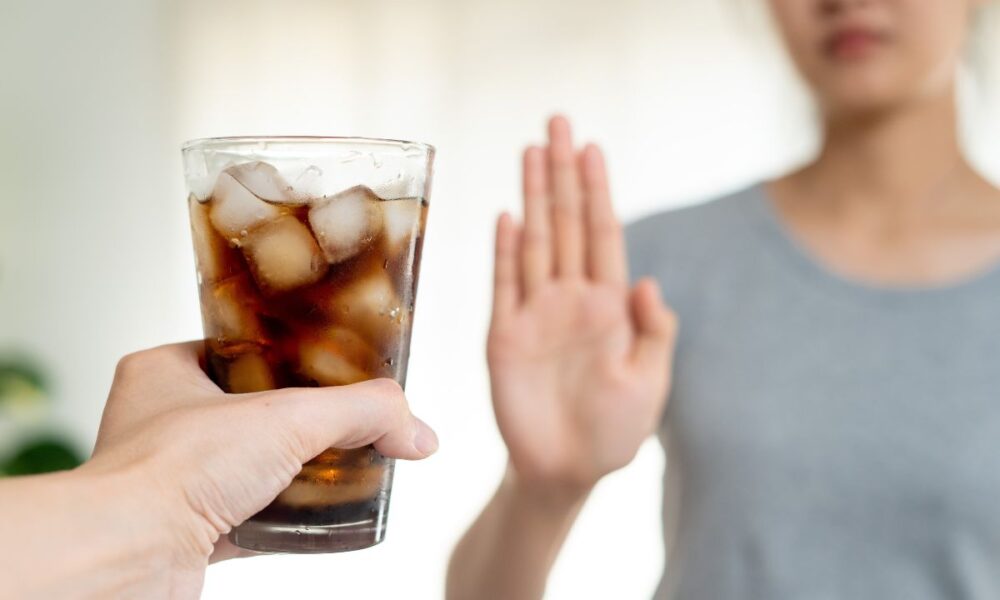Just one can of diet soda could heighten the risk of developing nonalcoholic fatty liver disease by 60%, says a new unpublished study.
The study’s author also stated that sugary beverages were found to be associated with a 50% increased risk of the condition.
Nonalcoholic fatty liver disease, or NAFLD, is a condition where fat is built up in the liver of people who consume little to no alcohol, yet can experience symptoms similar to those seen in heavy drinkers, like cirrhosis and liver cancer.
Also known as metabolic dysfunction-associated steatotic liver disease, or MASLD, the condition is one of the leading causes of liver cancer. Within the past three decades alone, NAFLD is estimated to have surged by 50% in the United States. In fact, nearly four out of 10 people in the country are afflicted with NAFLD.
“Sugar sweetened beverages (SSBs) have long been under scrutiny, while their ‘diet’ alternatives are often seen as the healthier choice,” said lead study author Lihe Liu, a graduate student in the department of gastroenterology at the First Affiliated Hospital of Soochow University, in Suzhou, China, per CNN.
“Our study shows that LNSSBs (low- or non-sugar-sweetened beverages) were actually linked to a higher risk of MASLD, even at modest intake levels such as a single can per day.”
According to Liu, the study challenges the perception that diet beverages are harmless.
The researchers examined 124,000 individuals in the UK Biobank who were free from liver disease, using a 24-hour dietary questionnaire at various points throughout the decade-long study. Not only did they discover a link between diet and sugar sodas and NAFLD, but they also noted a reduced risk for those who substituted the drinks for water; specifically, a 13% lower risk when replacing sugary beverages and more than 15% when substituting diet drinks.
“The study showed that both regular and diet soft drinks may harm the liver over time, while choosing water or unsweetened drinks could help protect it,” said Sajid Jalil, clinical associate professor of gastroenterology and hepatology at Stanford University School of Medicine in California.


